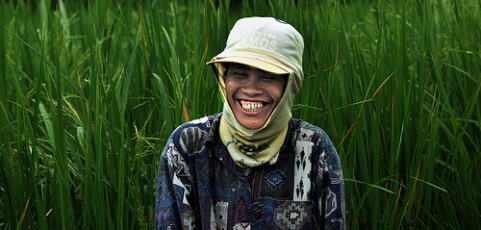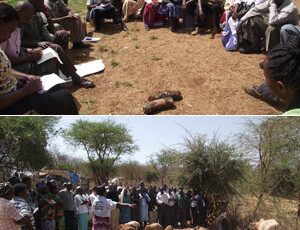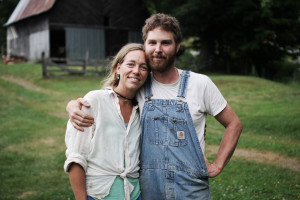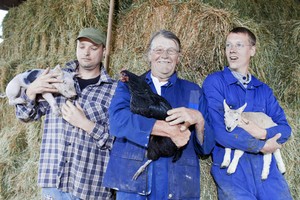The area around Wum in the Northwest Province of Cameroon is notorious as a conflict hotspot. As pressure increases on available land, conflicts occur more frequently between sedentary family farmers and pastoral communities. Farmer-pastoralist alliances are helping to resolve the conflicts by transforming the relationships between these families.
Locally rooted: ideas and iniatives from the field
Family farmers and the many ways in which they contribute to food security, healthy landscapes and thriving rural communities can be supported in a number of ways. These are some initiatives from around the world.
Agro-ecology: beyond food
Some may view indigenous communities as being conservative and backwards. However, the Kabekwa in Costa Rica show that such communities can be adaptable and innovative. Read more
When family farmers lead their own development
Steven Kiranga Gichanga is a family farmer in Mugaari, a village in Kenya. He was trained in goat rearing but could not afford a goat to get started. He was also trained in bee keeping but could not afford a bee hive either. After a community reflection Read more
Youth and agriculture: new think-tanks for family farming
Three young authors associated with the Africa Family Farming Workshops write about the importance of creating a dialogue between family farmers, scientists and policy makers. The Africa Family Farming Workshops is an interdisciplinary, regional think-tank that facilitates innovative collaboration.
Farmers in Focus: Advocate for sovereign seed systems
Holly Whitesides and her husband are trying to go “against the grain” of industrial agriculture in the United States. They use their family farm and their work on saving seed to convince other farmers and groups of the importance of a sovereign seed stock.
Ten qualities of family farming
Even in the International Year of Family Farming there is confusion about family farming. What is it, and what distinguishes it from entrepreneurial farming or family agribusiness? Read more








